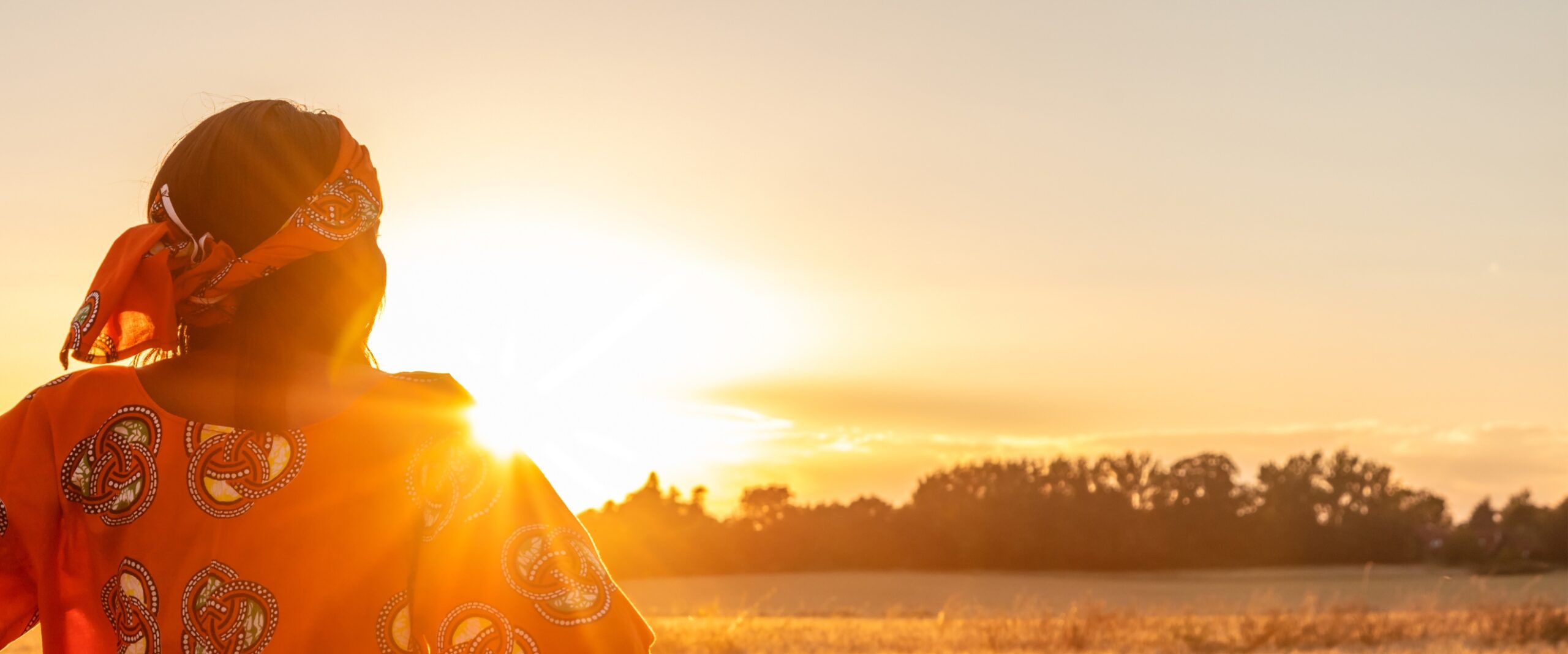Analysis
The 36th LAWASIA Conference 2023 | The fine line between indigenous rights and environmental protection
Panellists discussed the need for more empathetic approaches to indigenous people in the societal and legal realms

The 18th session of the 36th LAWASIA Conference 2023 event in Bengaluru had the theme “Constitutionalism and the Rights of Indigenous Peoples”. The panel addressed the tensions inherent in environmental protection and the rights of indigenous people. The discussion was wide-ranging, encompassing topics like the substantive rights of indigenous communities, the struggles of the Orang Asli community in Malaysia, and the “othering” of tribal people in courts and even the language of the law.
Intersectionality of human rights and environmental issues
The session explored the relationship between human rights and environmental concerns, specifically in safeguarding the rights of indigenous populations dependent on their surroundings. Many indigenous persons have lived in harmony with nature, animals and wildlife. Jonathan Liljeblad, Associate Professor at the Australian National University, touched upon how environmental legislation prevented indigenous persons from having a particular way of life. He explored the substantive rights of indigenous communities, including the right to resources, life, health, culture, and religion, asserting that these rights apply to environmental contexts.
Orang Asli Community’s Land Claims in Malaysia
Seira Sacha Abu Bakar, Member of the Committee on Indigenous Rights at the Malaysian Bar Council, shed light on the challenges faced by the Orang Asli people, one of Malaysia’s indigenous communities. The Orang Asli face marginalisation, limited land protection, and the risk of exploitation. Abu Bakar highlighted the Aboriginal Peoples Act of 1954 as a legislative measure aimed at protection but noted its shortcomings, emphasising the need for improved land claims and the involvement of the indigenous community in legal processes.
Indian Perspective on Indigenous Rights and Constitutionalism
Senior Advocate Harin P. Raval provided an insightful Indian perspective, referring to constitutionalism and the recognition of indigenous rights. He also highlighted the events that led to the formation of the 1994 Declaration on Indigenous Rights and the subsequent adoption of the UNDRIP in 2007. Raval underscored the comprehensive nature of the declaration, focusing on the survival, dignity, and well-being of indigenous communities.
Senior Advocate Aditya Sondhi delivered a nuanced analysis of the treatment of indigenous peoples in India, revealing a disconcerting gap between constitutional ideals and the reality. He acknowledged that, despite India’s constitutionally sound framework, the lived experiences of indigenous peoples often enter the realm of appropriation and marginalisation.
Sondhi illustrated his argument by citing specific judicial decisions that, in certain instances, perpetuated stereotypes and misconceptions about indigenous communities. Notably, he referenced Chebrolu v State of Andhra Pradesh, where a five-judge Constitution Bench used language such as “primitive” to describe certain communities.
Sondhi also touched upon colonial legislative measures that adversely affected indigenous communities, such as the Criminal Tribes Act, which labelled specific tribes as criminal solely based on socio-cultural practices. Subsequent laws, like the Habitual Offenders Act, Sodhi suggested, perpetuated prejudices against the same tribes.
The discussion extended to contemporary issues, including the Forest Dwellers Act, which, according to Sondhi, undermines the rights of original dwellers by prioritising environmental concerns over their historical coexistence with nature. He emphasised the importance of recognising the distinct relationship indigenous peoples have with nature, critiquing a narrative that tends to patronise and exclude them from mainstream discourse.
Sondhi explored the idea of reimagining the Indian Constitution from an Adivasi perspective. He lamented the lack of representation, noting the lack of a Scheduled Tribe judge in the Supreme Court of India. His critique extended to societal perceptions, where issues related to indigenous peoples often become fodder for entertainment rather than serious discussions about justice and rights.
The session concluded with a call for greater awareness, legal reforms, and a paradigm shift in how indigenous rights are perceived and safeguarded. The speakers collectively highlighted the importance of recognising the unique relationship indigenous communities have with their environment and the imperative to uphold their rights within the framework of constitutionalism.
